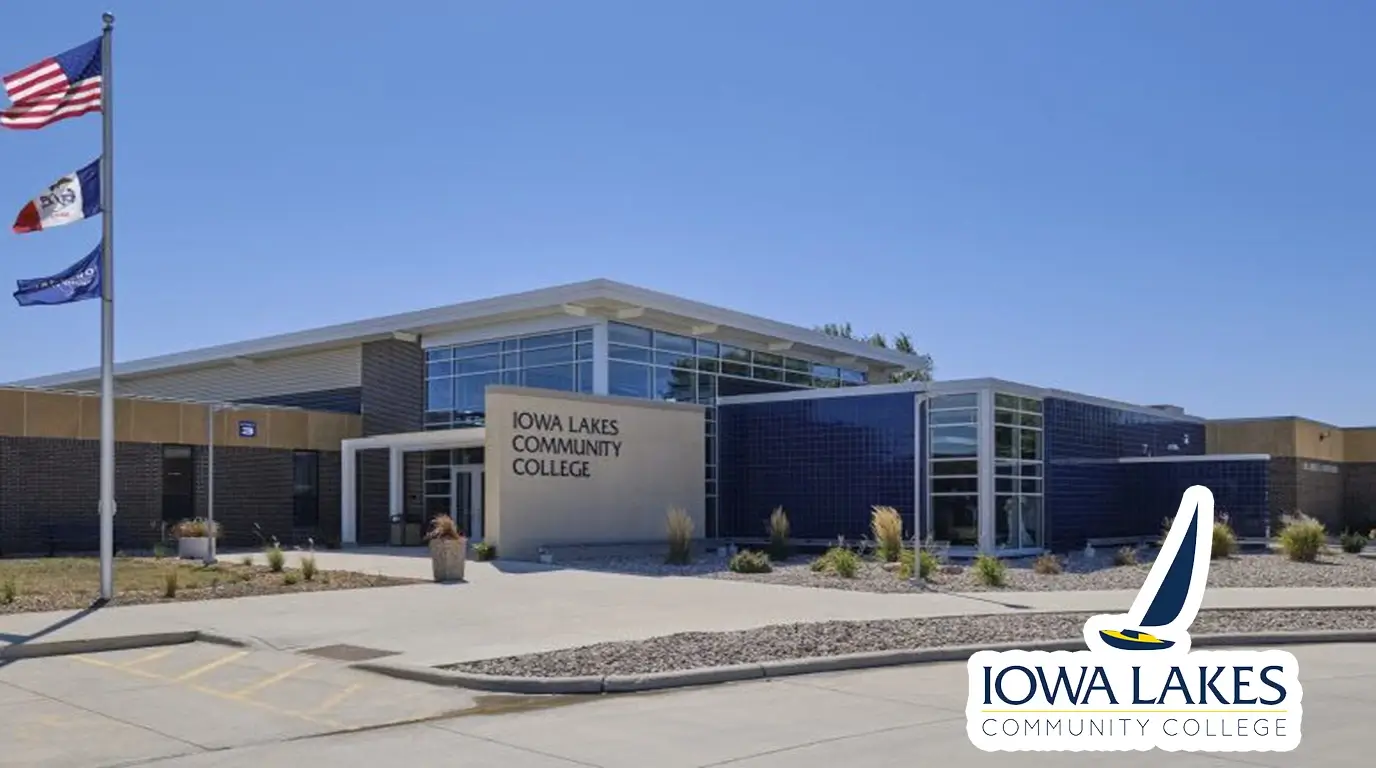Becoming a Paralegal in Kansas – Your State-Specific Guide
Hey there! Did you know that the paralegal field in Kansas is projected to grow by nearly 20% over the next decade? That’s right—according to some older projections from the Bureau of Labor Statistics, this career path is heating up fast in the Sunflower State. If you’re sitting there wondering how to break into the legal world without committing to years of law school, becoming a paralegal in Kansas might just be your golden ticket. It’s a gig that’s equal parts challenging and rewarding, and honestly, it’s one of the best ways to get your foot in the door of the legal industry here. So, what does it take to make it happen? Stick with me—this guide’s got everything you need to know, tailored specifically for Kansas.
I’ve spent years digging into legal careers—writing about them, optimizing content to reach folks like you, and helping people figure out their next steps. Kansas has its own vibe when it comes to the legal scene, and I’m here to walk you through it step by step. Whether you’re in Wichita, Topeka, or somewhere out in the wide-open plains, this is your roadmap.
Introduction: Why a Paralegal Career in Kansas?
Picture this: you’re helping a lawyer prep for a big case, digging into research, drafting documents, and feeling that rush when it all comes together. That’s the life of a paralegal. In Kansas, paralegals are the unsung heroes keeping law firms, corporate legal departments, and even government offices humming along. It’s a career that’s growing, too—lawyers are leaning more on paralegals to handle the heavy lifting, especially as legal costs climb and firms look for efficiency.
What’s cool about Kansas is that it’s got a mix of opportunities—big firms in Kansas City, steady government gigs in Topeka, and plenty of smaller practices scattered across the state. This guide isn’t some generic rundown; it’s built for you, someone eyeing a paralegal career right here in Kansas. We’ll cover the education, the certifications, the job market—everything you need to get started.
Paralegal Definition and Regulation in Kansas
Does Kansas Legally Define “Paralegal”?
Let’s get this straight: Kansas does have a definition for paralegals, and it comes from the Kansas Paralegal Association (KPA), not some dusty statute book. They say a paralegal is someone “qualified through training, work experience, or education” who works under an attorney’s supervision, tackling “substantive legal work” that requires a solid grasp of legal concepts. Think research, drafting pleadings, or organizing case files—stuff a lawyer would do if you weren’t there. It’s not a state law, but it’s the working definition folks in the field use.
Are There Any State Regulations for Paralegals in Kansas?
Here’s the deal—Kansas doesn’t regulate paralegals the way it does lawyers. There’s no state licensing, no mandatory certification, nada. You don’t need a government stamp to call yourself a paralegal in Kansas. That said, the Kansas Bar Association (KBA) stepped up in 2009 with some guidelines—not rules, mind you—called the “Official Standards and Guidelines for the Utilization of Legal Assistants/Paralegals.” These suggest paralegals should have some combo of education (like an ABA-approved program) and experience, and they’re always working under a lawyer who’s ultimately responsible for the work. Ethically, you’re tied to the attorney’s oversight—confidentiality, client communication, all that jazz stays in their lane.
Key Takeaway:
- Kansas doesn’t legally mandate credentials, but the KBA and KPA push for education and supervision to keep things legit.
Education Requirements and Recommended Programs in Kansas
Are There Specific Educational Requirements in Kansas?
Alright, no state law says you have to get a degree to be a paralegal in Kansas, but let’s be real—most employers aren’t hiring someone off the street with just a high school diploma unless they’ve got serious on-the-job chops. The job market here leans toward folks with some formal training. An Associate’s degree in paralegal studies is the baseline for a lot of gigs, especially if it’s from an ABA-approved program). A Bachelor’s ups your game, and a certificate can work if you’ve already got a degree in something else. Firms in places like Overland Park or Wichita? They often want that ABA stamp—it’s a signal you’ve got the goods.
Recommended Paralegal Education Programs in Kansas
Kansas has some solid options if you’re looking to get trained up. Here’s a rundown of a few standouts I’d point you to:
- Johnson County Community College (JCCC) – Overland Park’s got this gem, offering an ABA-approved Associate of Arts in Paralegal and a 33-credit certificate. Classes are flexible—online or late afternoons—perfect if you’re juggling work. They throw in real-world stuff like internships, too.
- Washburn University – Up in Topeka, Washburn’s got a Bachelor of Legal Studies, an Associate of Arts, and a certificate. The BLS is a four-year deal, but the certificate’s just 36 credits if you’re moving fast. It’s not ABA-approved, but it’s got a rep for producing sharp paralegals.
- Hutchinson Community College (HutchCC) – Out in Hutchinson, this one’s got an Associate of Applied Science and a certificate option. ABA-approved and practical, with a focus on getting you job-ready.
These are just a taste—Kansas has other community colleges and universities dabbling in legal assistant training, but these three? They’re heavy hitters.
Online Paralegal Programs for Kansas Residents
Not near a campus? No sweat. Online programs are a lifeline for Kansans—especially if you’re in a rural spot or balancing a job. JCCC offers some online courses, and national players like Rasmussen University or Purdue Global can work, too. Flexibility’s the name of the game here, and you can still tailor your learning to Kansas law with the right program.
Key Takeaways:
- No mandatory education, but an Associate’s or certificate is the practical minimum.
- ABA-approved programs like JCCC’s give you an edge in Kansas’s job market.
- Online options make paralegal education programs in Kansas accessible anywhere in the state.
Paralegal Certification and Credentials in Kansas
Is State-Specific Paralegal Certification Mandatory in Kansas?
Nope, Kansas doesn’t have its own paralegal certification, and it’s not mandatory either. You can start working without any fancy letters after your name. But here’s the catch—standing out in a competitive field like this? That’s where credentials come in.
Nationally Recognized Certifications Relevant in Kansas
Two big ones pop up for paralegals in Kansas:
- NALA’s Certified Paralegal (CP) – Run by the National Association of Legal Assistants (NALA), this is the gold standard. Pass the exam, and you’re showing Kansas employers you’ve got skills in research, writing, and legal know-how.
- NFPA’s CORE Registered Paralegal (CRP) – The National Federation of Paralegal Associations offers this one. It’s less common here but still respected, especially if you’ve got experience to back it up.
Benefits of Certification in Kansas
Why bother? In Kansas, certification can mean a bump in your average paralegal salary—think $5,000-$10,000 more a year, depending on the gig. It’s a credibility booster, too. Firms in Kansas City or Topeka might pick the certified candidate over the newbie every time. Plus, it opens doors to advancement—maybe even a supervisory role down the line.
Key Takeaways:
- No state certification required, but national creds like NALA’s CP are a smart move.
- Certification boosts your earning power and job prospects in Kansas’s legal market.
Paralegal Associations in Kansas
State-Level Paralegal Associations in Kansas
Networking’s huge in this field, and Kansas has some groups worth checking out:
- Kansas Paralegal Association (KPA) – Statewide and active, with events, education, and a community vibe.
- Kansas Association of Legal Assistants (KALA) – Tied to NALA, they’re big on professional development and offer a job board.
- Kansas City Paralegal Association (KCPA) – Focused on the KC metro, perfect if you’re near the state line.
Benefits of Joining a Paralegal Association in Kansas
These groups are goldmines—think luncheons with legal pros, seminars to keep your skills sharp, and job postings before they hit Indeed. I’ve seen folks land law firm jobs in Kansas just by chatting up the right person at a KPA event. Plus, they often tie into continuing legal education (CLE), which keeps you current.
Key Takeaway:
- Joining a Kansas paralegal association means connections, learning, and job leads—don’t skip it.
Job Market Outlook and Salary for Paralegals in Kansas
Current Job Market for Paralegals in Kansas
Kansas’s legal scene is buzzing. Big firms like Shook, Hardy & Bacon in Kansas City or Foulston Siefkin in Wichita are always on the hunt for paralegals. Add in government roles—like at the Kansas Judicial Branch—and corporate spots with companies like Sprint Nextel, and you’ve got options. The job market for paralegals here is solid, especially in metro areas.
Average Paralegal Salary in Kansas
So, what’s the paycheck look like? According to The Bureau of Labor Statistics (BLS) data from May 2023, the median annual wage for paralegals in Kansas sits around $60,970 nationwide, but Kansas-specific numbers hover closer to $45,000-$50,000 (check out more on paralegal salaries here). Entry-level? Maybe $35,000. Top earners with experience or specialization—like in litigation or corporate law—can pull in $70,000+ in places like Overland Park. Location matters, too—KC pays better than rural spots.
Job Growth Projections for Paralegals in Kansas
Older BLS projections pegged Kansas paralegal growth at 18-20% through 2022, and while we don’t have fresh 2025 numbers yet, the trend’s holding steady. Demand’s up as firms lean on paralegals to cut costs. Expect around 250 openings a year, per some state estimates, factoring in replacements.
Key Takeaways:
- Kansas offers a mix of law firm, government, and corporate paralegal jobs.
- Average paralegal salary in Kansas ranges $45K-$70K, depending on experience and location.
- Job growth looks promising, with steady demand through the decade.
Key Takeaways: Steps to Becoming a Paralegal in Kansas
Ready to dive in? Here’s your game plan:
- Research paralegal education programs in Kansas—start with JCCC or Washburn.
- Pick your path: Associate’s, Bachelor’s, or a certificate if you’ve got a degree already.
- Consider ABA-approved programs] for that extra edge.
- Look into national certifications like NALA’s CP to stand out.
- Join a Kansas paralegal association (KPA, KALA, KCPA) for networking and resources.
- Kick off your job search—target Kansas’s legal hubs like Wichita or KC.
Kansas is a great place to start this journey. The legal community here values paralegals, and with the right moves, you can carve out a solid career. Got questions? Drop a comment below—I’d love to hear where you’re at and help you figure out the next step. Want more? Check out my posts on ABA-approved programs or NALA certification. Let’s get you started!




